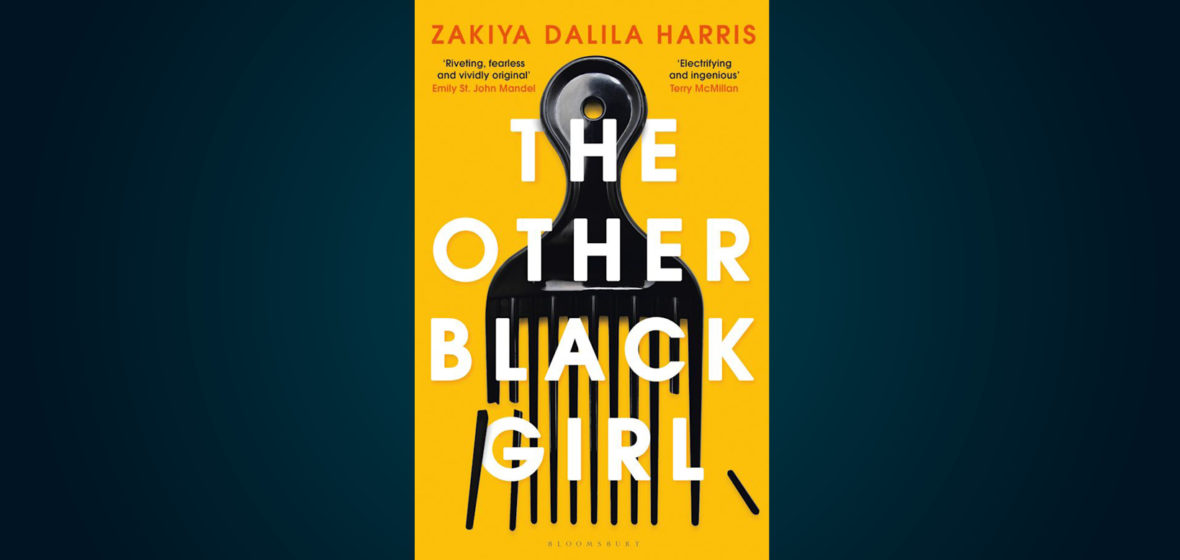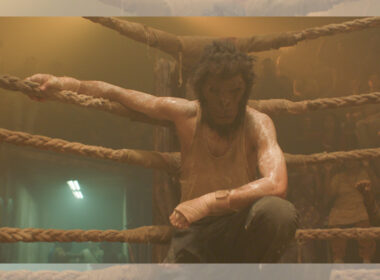Hailed in its release promotional material as “The Devil Wears Prada meets Get Out”, this at times astonishing and thoroughly original debut is really nothing like either. That’s what makes it good.
Any available comparisons to the hit film (and the book that inspired it) melts away shortly into The Other Black Girl, told primarily through 26-year-old Nella, an editorial assistant at publishing house Wagner Books. While there is a scattering of office microaggressions, as editors deliberately handpick some junior staff to have first read of manuscripts in a deliberate overlooking of others, and assorted loaded competitive tensions between the lowly group of assistants, this is not a book about publishing. Nor is the horror so magically unmasked by Jordan Peele in his breakout film as masterfully captured in Harris’ debut, which is such a slow burn that at times the feelings of Nella’s approaching danger come close to fading out.
Nella is a “first in, last out” assistant and her job isn’t always easy – especially when her attempts at establishing diversity committees and events fall flat after a short series of empty platitudes from senior staff, and she is ordered to apologise after raising concerns about atrocious stereotypes to a bestselling author because he took offence at being perceived as racist. A glimmer of hope to her working life arrives in the form of Hazel, the second Black editorial assistant at the company and an instant ally. When notes begin arriving at Nella’s desk shortly after Hazel’s arrival, ordering her to “leave Wagner now”, she struggles to pin the timing down to coincidence.
The twists in The Other Black Girl make it one of the most original debuts all year, with enough pull to remain compelling even in the face of occasional narrator shifts and certain characters whose fate – and purpose in the book – regrettably are left dangling.




